Report by Commissioning Editor James Kightly
At Albury airport, NSW, Australia, on Saturday 28 October 2023, the Uiver Restoration Project opened its doors to the public for its major annual open day. The Project is restoring a rare Douglas DC-2 (C/N 1286) which was for many years displayed on poles at the airport. The Douglas airliner has an historic connection to Albury, as KLM’s example, registered PH-AJU, and named ‘Uiver’ (Dutch for stork) made an emergency landing on the town’s racecourse at night in October during the MacRobertson 1934 Mildenhall – Melbourne air race.
Uiver came second in the race, after the DH 88 Comet racer G-ACSS. While the original Uiver was lost in a fatal accident a scant two months later at Rutbah Wells, Iraq, the impression made of the emergency landing at Albury has had a long legacy in Albury.
An ex- RAAF DC-2, serial A30-11 (first registered as NC13736 with Eastern Air Lines) was obtained in 1984 by the Rotary Club of West Albury, repainted, and displayed from 1980 in the colors of Uiver. After several decades, unsurprisingly the aircraft’s structure was deteriorating, and it was taken off display in 2002 and left, essentially abandoned, on the airport. Unwanted and a headache for those responsible, a number of suggestions were made over what to do with the aircraft, including cutting off the nose and displaying it in the airport café, and the council tried to dispose of it in 2009.
In 2014 the Albury City Council transferred ownership of the plane to the Uiver Memorial Community Trust, and the Uiver Memorial DC-2 Restoration Project was formed, to re-establish the Uiver display at the airport. The vision was to restore the plane to museum standard for static display, in a dedicated hangar. Currently the Project have the aircraft workshop in a former airport paintshop.
A volunteer team have achieved a remarkable transformation, with the rare DC-2 fuselage exterior is now mostly completed. At the open day, there was a healthy public attendance, including the Albury mayor, and many children – which will have swelled the team’s coffers and certainly endorsed their hard work and achievement. A new audio-visual display featuring the 1934 air race was presented; displays by the Albury library / museum, local model airplane and railway clubs, and a presentation of some of the Uiver related artifacts which will feature in the museum being developed alongside the DC-2.
James Kightly







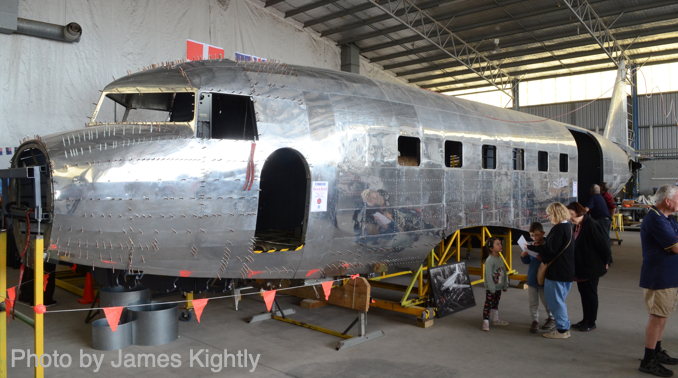

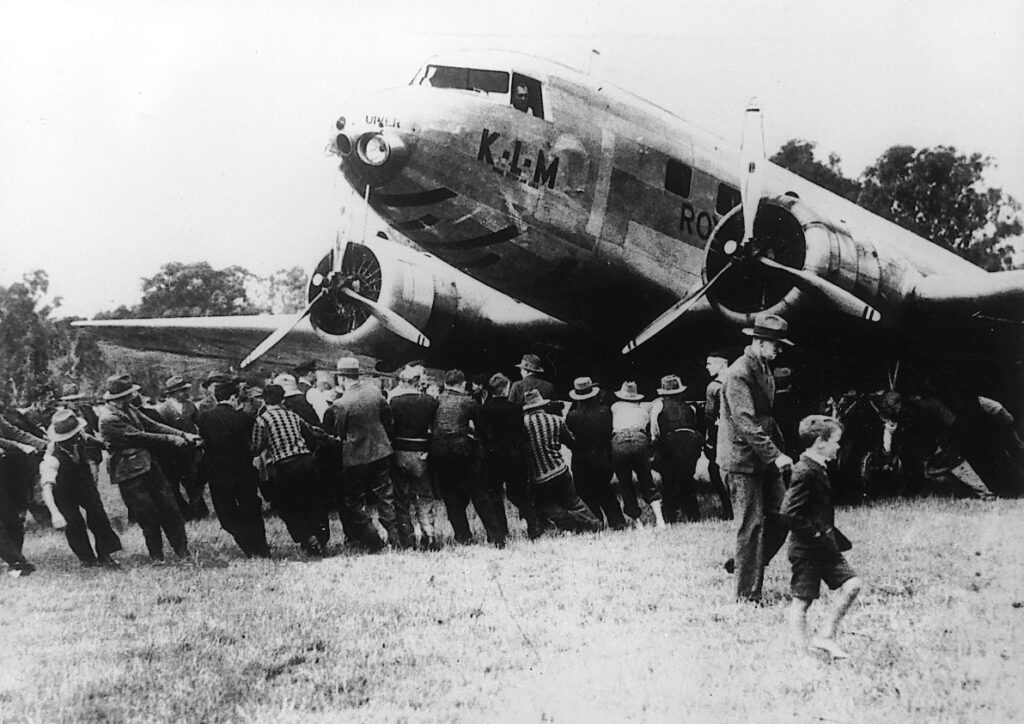
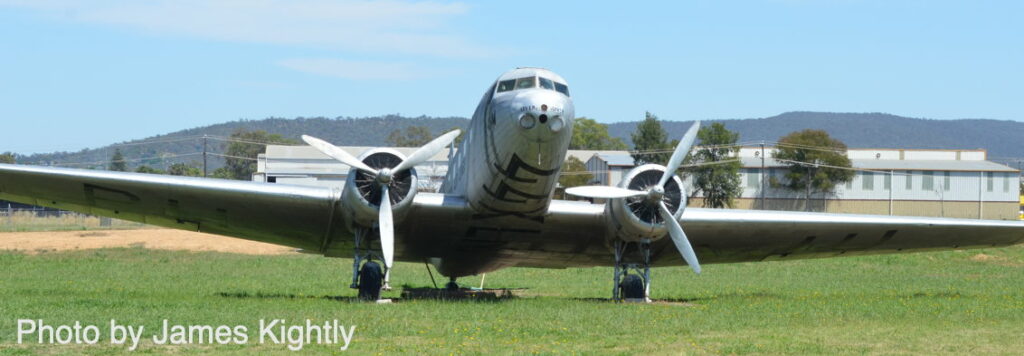
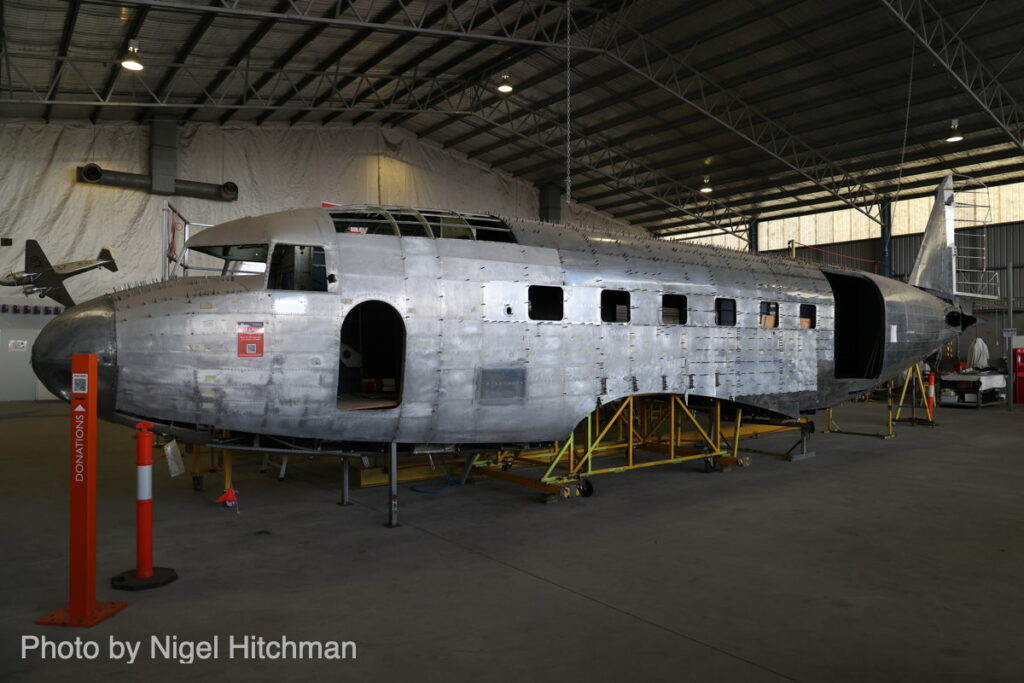
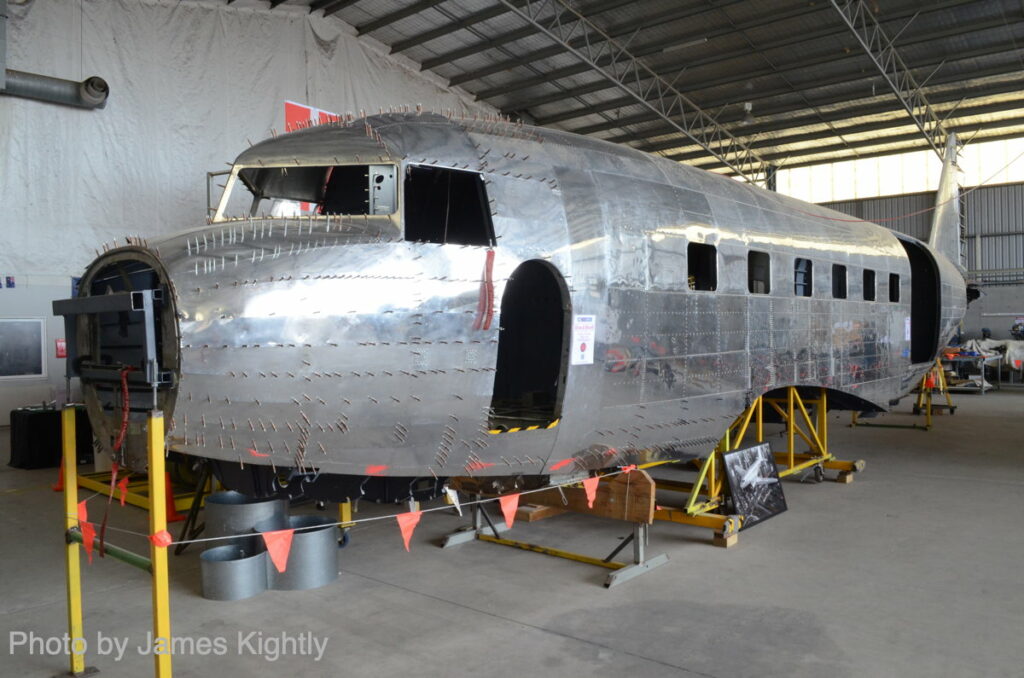
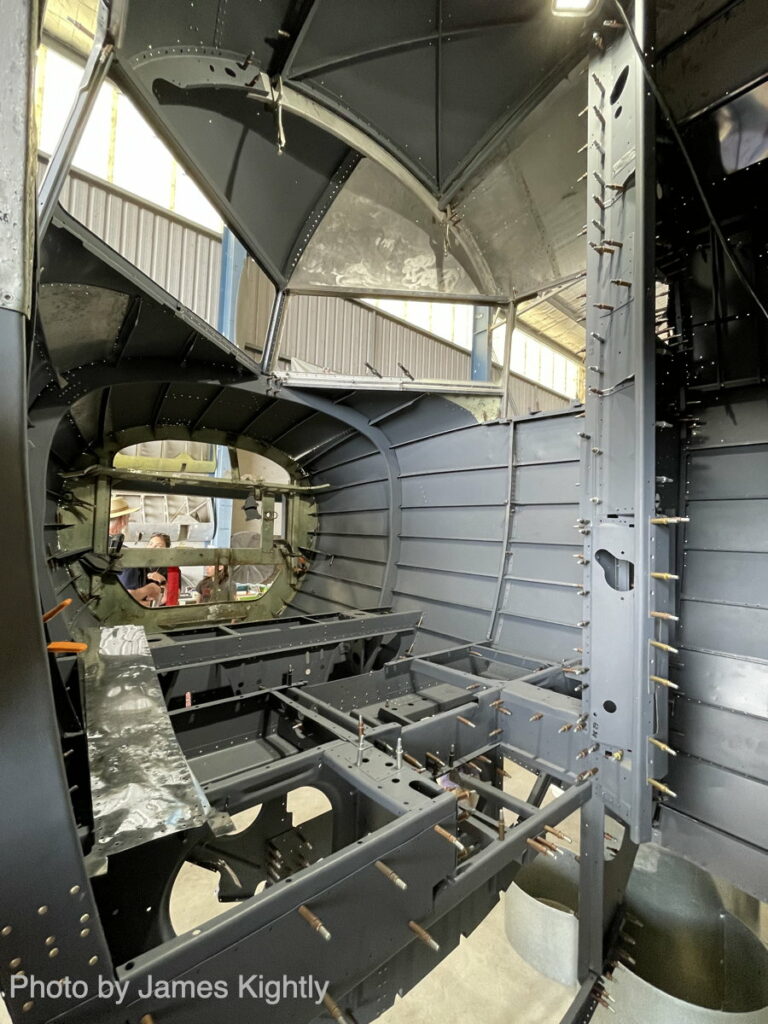
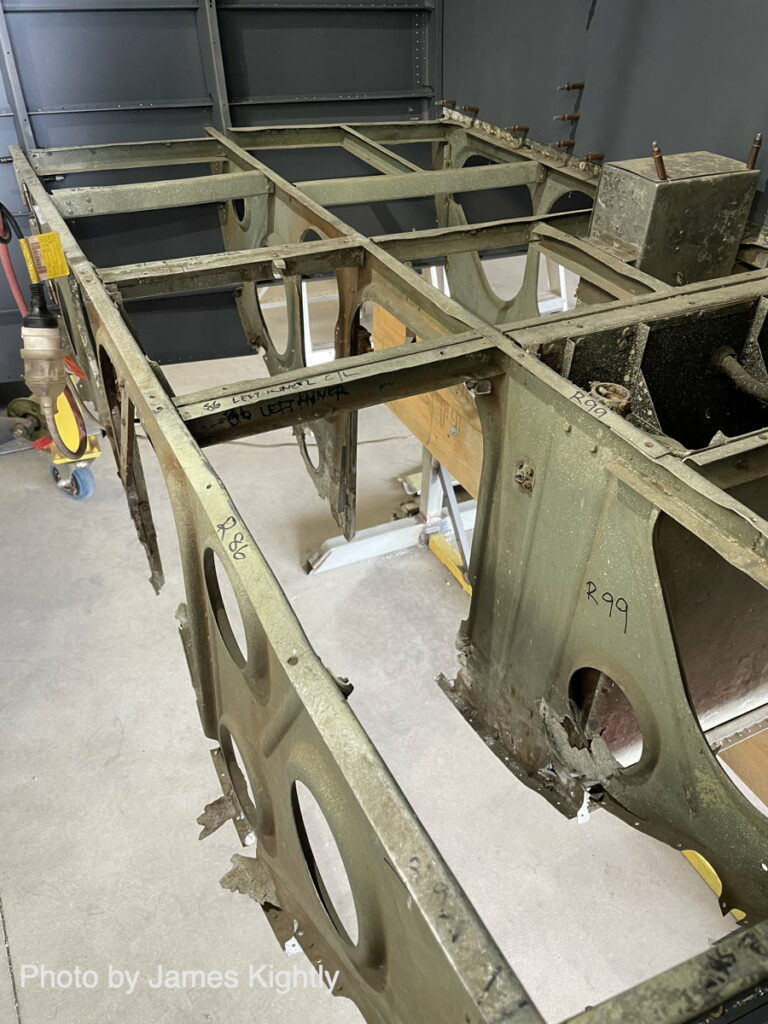
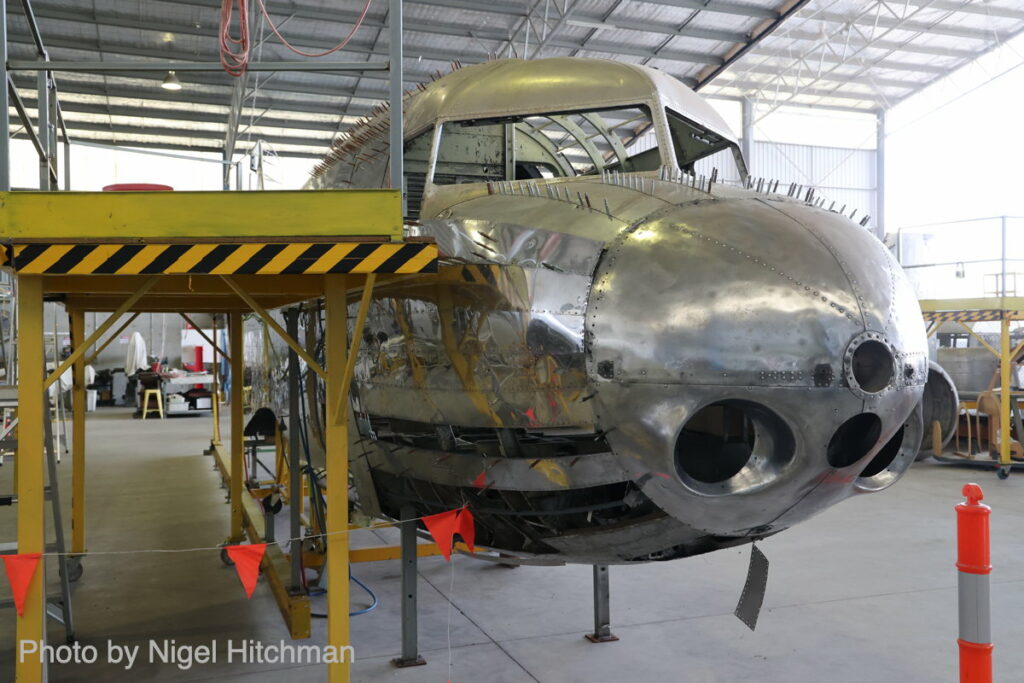
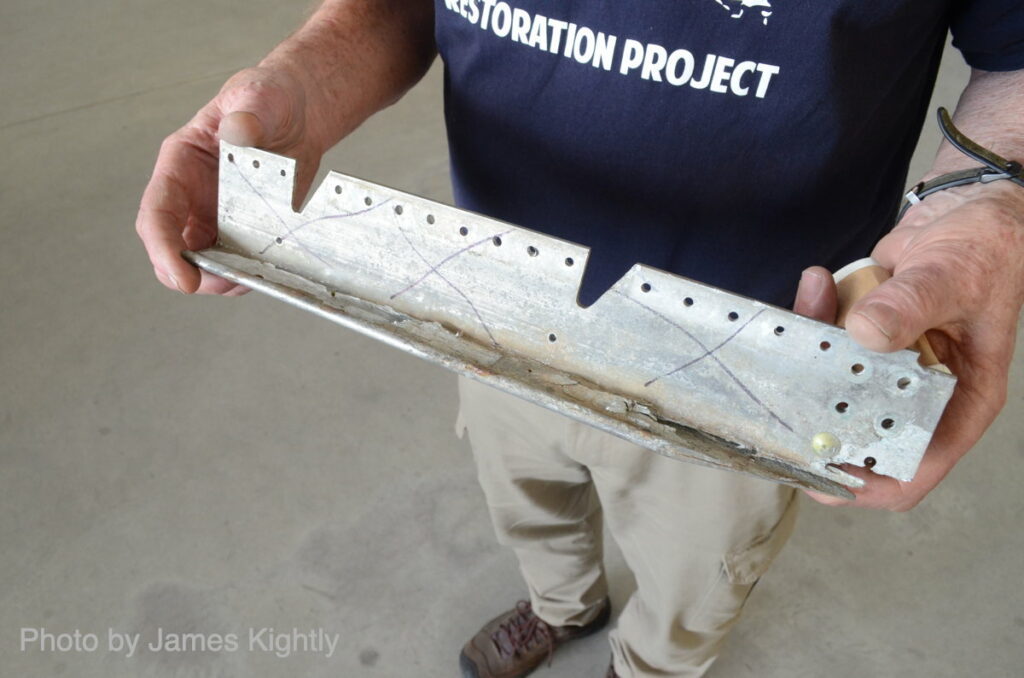
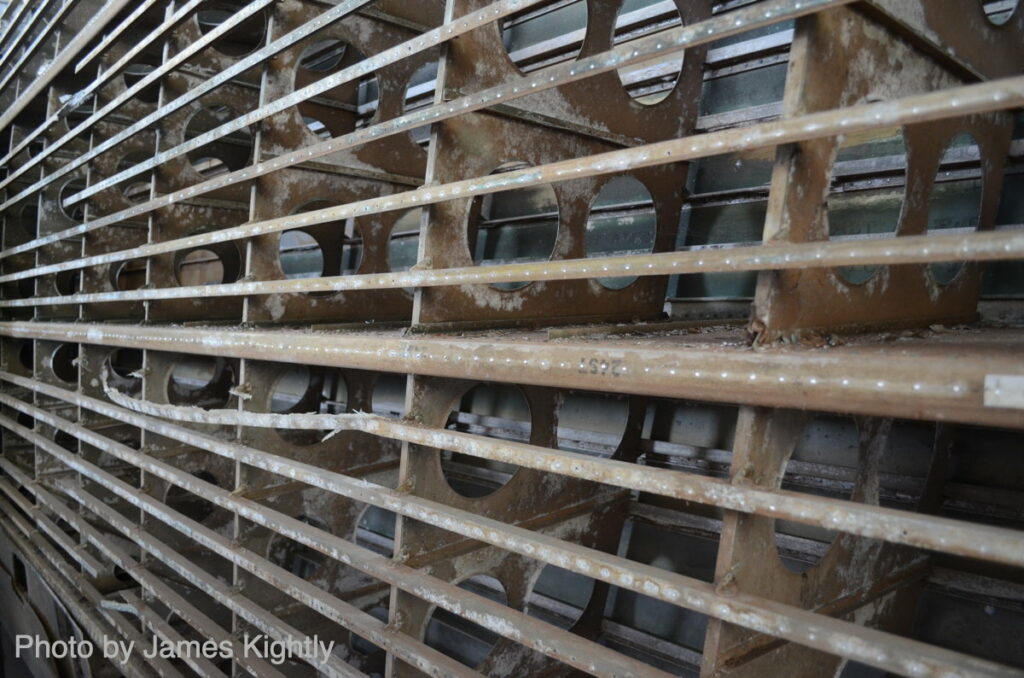
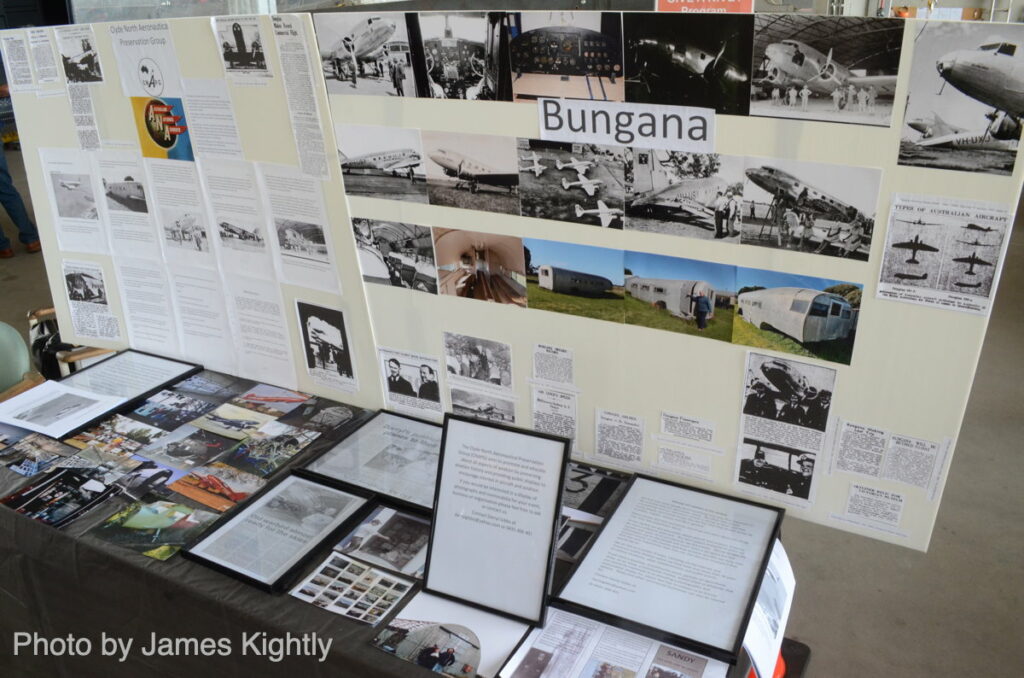
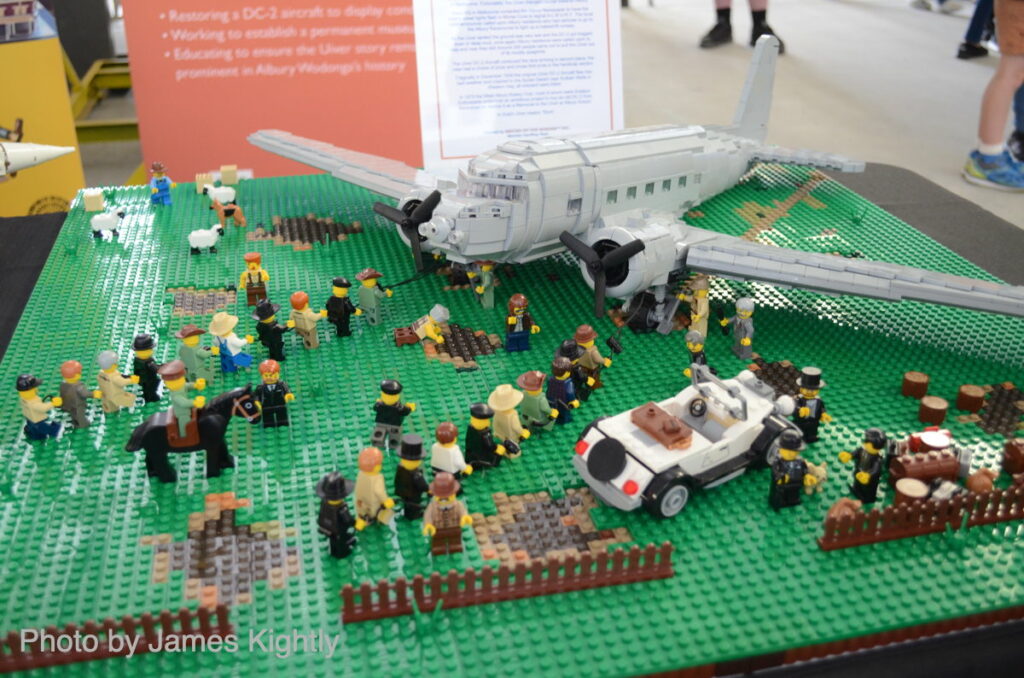
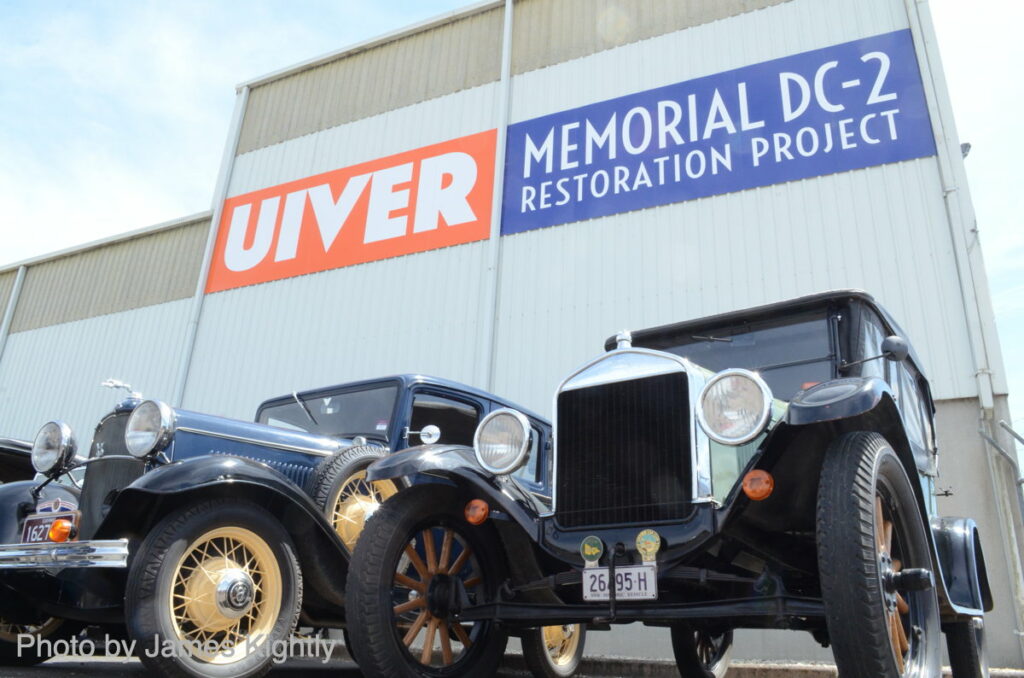
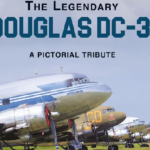

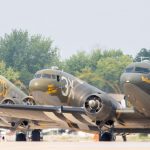
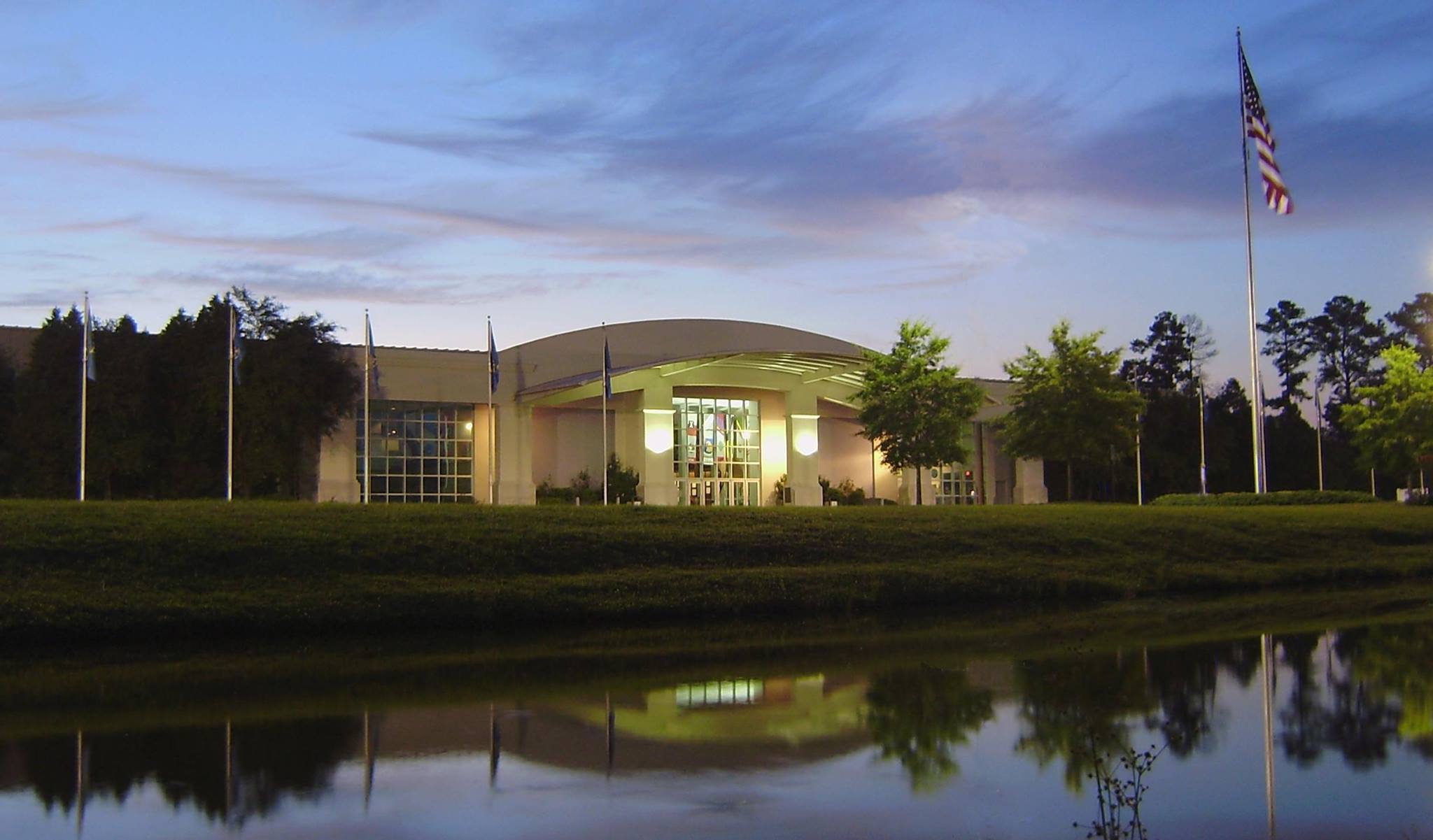
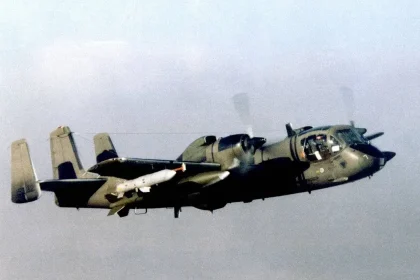
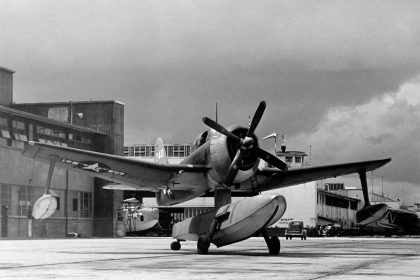
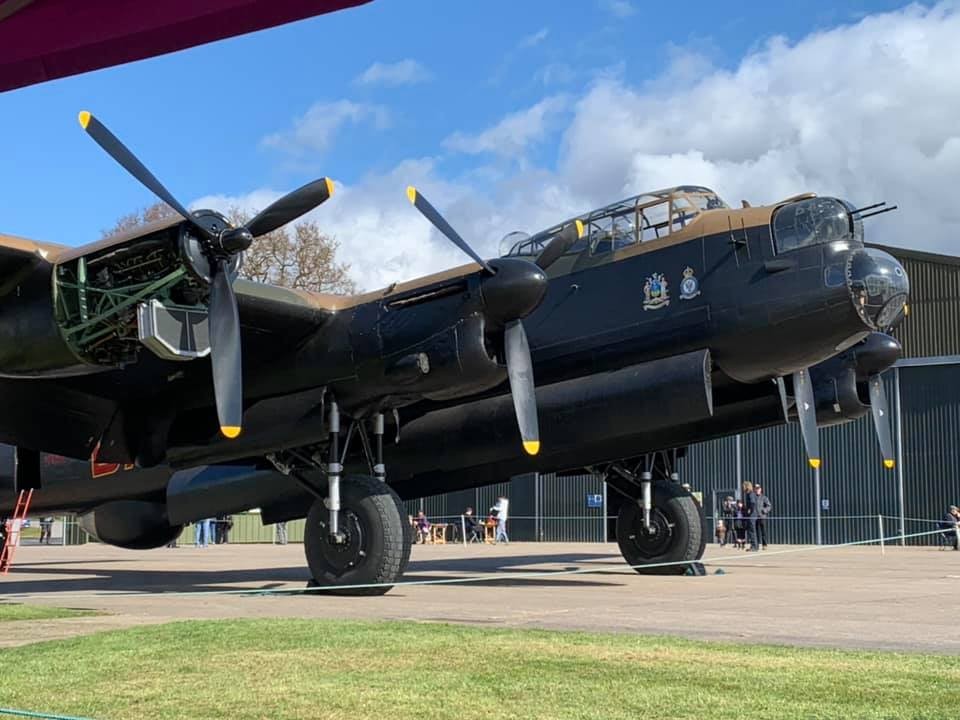
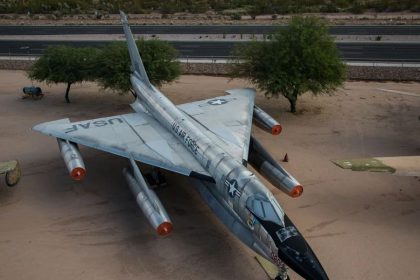

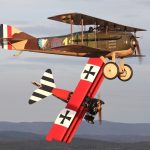
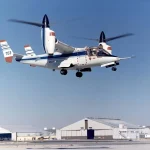
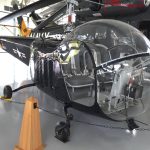
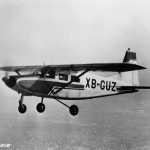
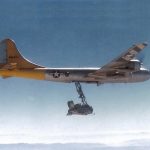


Yes,that was an astonishing(miraculous) achievment by the Dutch KLM crew and the people of Albury,NSW.Even today,I think you’d find it very hard to find aircrew willing to try their hand at that feat!Amazing! And I wonder,how many today realise that that flight, in a commercial aircraft, opened up the world to international air travel?
It was astonishing, that is why this became a world wide legend. Albury people realised the plane was in trouble and got together to bring her to land safely. Can you imagine doing this presently? ATC can handle this – not my turf, who are you to ask the City Engineer to turn off the lights, is overtime approved for the telegraphist, disconnect the Melbourne ABC for local broadcast? Times have changed.